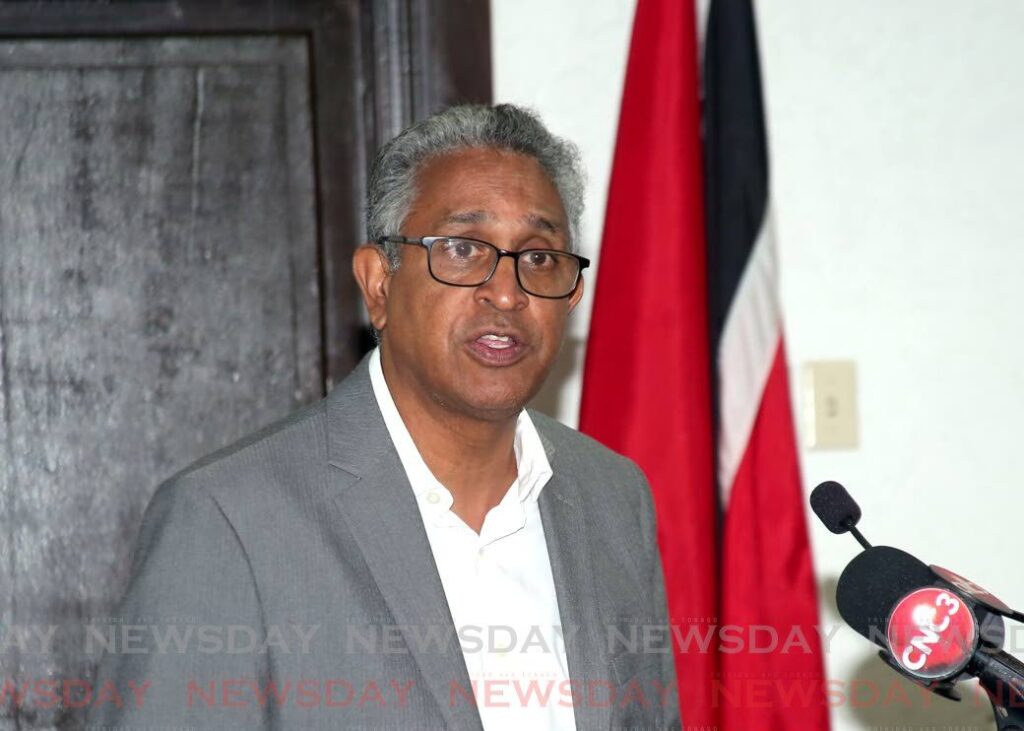Integrity Commission's next chapter

WHATEVER the fate of the tenure of Haydn Gittens, who was sworn in last Friday as chairman of the Integrity Commission, it is clear confidence in this watchdog body is at an all-time low.
While we can breathe a sigh of relief that President Christine Kangaloo ensured there was no delay between the expiration of the term of Prof Rajendra Ramlogan, the previous chairman, and a new appointment, Mr Gittens takes on the mantle handed to him by the President at a rough time.
Prof Ramlogan sparred with the Prime Minister over matters relating to two discontinued complaints against Dr Rowley, while also flagging reduced funding.
Though the former chairman said many of the communications issued were not from him personally but, rather, positions taken by the commission as a whole, this is analogous to a prime minister saying Cabinet, and not the prime minister, has acted. It is a distinction that promises, but does not deliver, a difference.
However, the lack of confidence is expressed best not by the bacchanal involving politicians – a feature of each commission – but by the escalating number of public officials who do not comply with the rudimentary requirements of the law.
According to the latest annual report of the body, the total number of outstanding declarations of assets almost doubled over the period straddling two different administrations: 2014-2019. Outstanding filings of paperwork for this period totalled 2,751.
This is serious. The annual ritual of filing such statements is at the core of the rationale for the Integrity in Public Life Act. If a commission cannot enforce basic provisions, what can it do?
Mr Gittens spoke on Friday of having the efforts of previous chairmen to fall back on. Yet among the many things he inherits is a court matter which seeks to get a judge to rule on whether the commission can hire badly needed staff independently. The previous commission, on the very eve of the end of Prof Ramlogan’s tenure, initiated this case and also committed to pushing through various enforcement actions in court.
Perhaps these matters were so pursued because, ultimately, there was nothing unusual about the resource complaints aired by Prof Ramlogan and company.
Such is clear from the fact that in March 2020, Melville Baird, the retired judge who then served as chairman, also lamented “lack of funds and a shortage of staff” as factors in the failure to act against officials.
Justice Baird stated, incredibly, in another annual report placed before the Parliament, that the commission had to hold its hand on enforcement for fear of clogging the already overburdened courts – so preponderant was the problem back then.
MPs largely ignored that report.


Comments
"Integrity Commission’s next chapter"